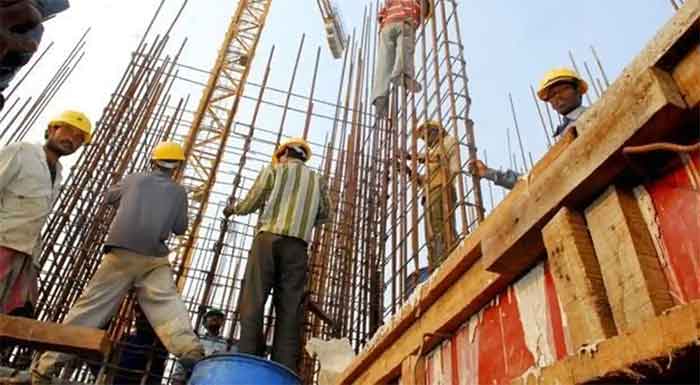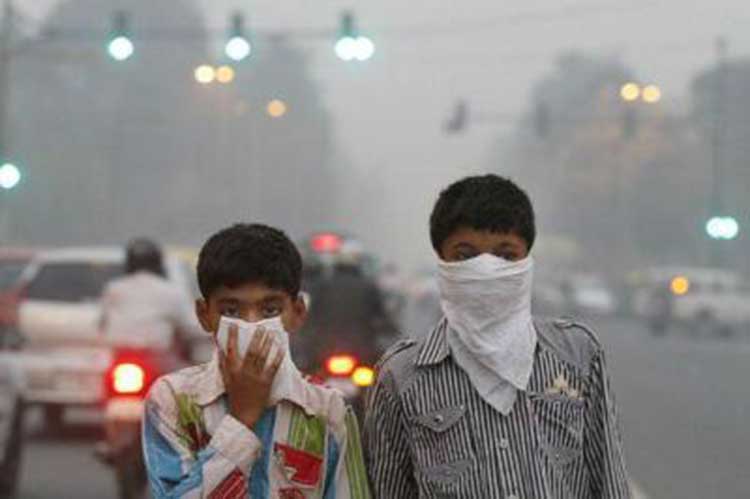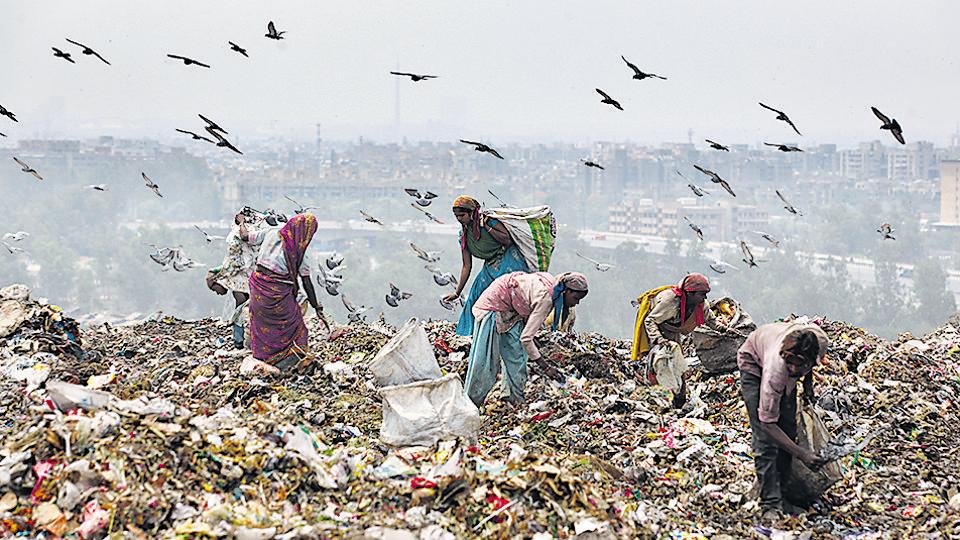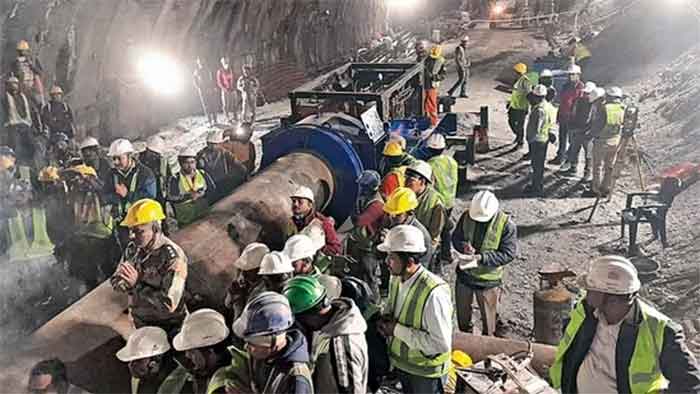
Air pollution levels are high in most cities of India and in many of these cities the situation becomes more difficult in winter months. While this has been widely discussed in recent times, the higher vulnerability of certain sections of people has not received the same attention. Several workers, including self-employed ones as well as employees, who work outdoors for long hours are particularly more exposed to air pollution and should receive special attention in terms of how their health can be protected by reducing this exposure.
In this context a study conducted in 2023 by Chintan Environmental Research and Action Group and the Clean Air Fund, advised by Randeep Guleria (former director of the All India Institute of Medical Sciences) and Tejas Menon Suri sought to compare health indicators of three sections of outdoor workers with a control population. This study recorded abnormal pulmonary function results in 75% waste pickers, 86% sanitation workers and 86% security guards, compared to 45% for participants in the control group.
When this research was extended to recoding severe cases of lung illness, this was found to be affecting 17% of waste pickers, 10% of security guards and as many as 27% of sanitation workers, compared to zero for the control population.
This data should alert us of the high extent to which certain serious health problems can be very highly concentrated in certain vulnerable groups, particularly certain sections of workers. This data should also alert us to the extent to which occupational links of certain health problems may be very acute, even though this is often neglected.
It is really disturbing to know that 27% of sanitation workers (safai karamcharis) suffer from severe lung illness. This may be because a lot of cleaning is done early in morning, when mix of pollution and fog is very high and in addition at the same time they are exposed to dust and dirt raised in the course of the cleaning. Different cleaning hours at less risky time should be considered for them during winter months. Regular availability of some clean protective cover, availability of warm water for cleaning and drinking after work, hot herbal tea soon after work may be helpful. The number of sanitation workers can be increased and the work burden can be decreased, without affecting the wages. Similar waste pickers need better protection.
Whether in case of sanitation workers or other outdoor workers, risks can be even higher for women workers, most particularly for pregnant women, and hence protective efforts for them should be particularly high.
Security guards also need shorter working hours and better protection. Traffic policemen constitute another vulnerable group who should have shorter working hours and it should be ensured that they are relieved in time. In the case of various persons engaged in home-deliveries, their wages or commissions at peak pollution times should be increased and their work burden decreased to certain limits to protect their health.
While these various sections may need some protective cover for their face, it should not be the same type of mask for all of them and instead there should be an effort to provide more practical and protective gear in terms of separate needs of various workers.
Street vendors can also face high exposure to air pollution particularly if they stay on till night time. In the case of construction workers the situation is rather peculiar—they often face unemployment when pollution is high in some cities due to ban being placed on construction work, but in places where such a ban does not exist they face the prospects of more harm to health to work if they work for long hours and then travel back a long distance to home in conditions of high pollution.
Ultimately the solution is to be found more broadly in two factors. Firstly, the overall air pollution levels must be reduced. Secondly, the overall economic prospects for these workers should improve in such a way as to give them the choice of not working when health conditions are most unfavorable, or at least reducing their work at such times.
In addition there is certainly need for arranging periodic medical checks among such vulnerable workers and providing them access to free treatment at an early stage of health problems.
Bharat Dogra is Honorary Convener, Campaign to Save Earth Now. His recent books include Planet in Peril, Protecting Earth for Children and A Day in 2071.















































